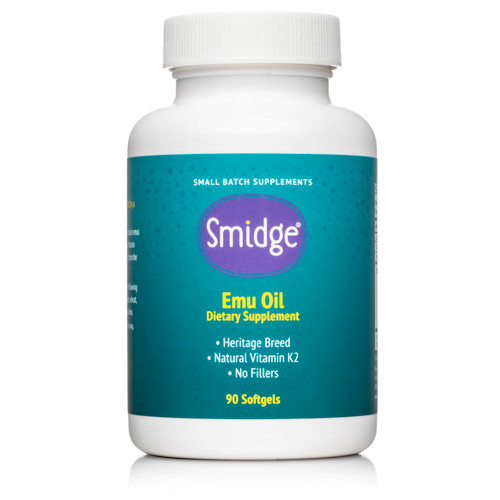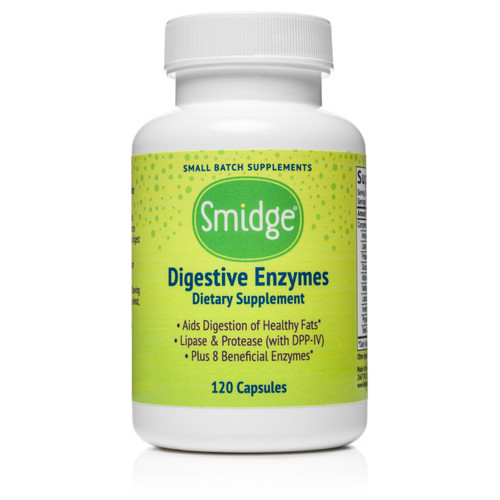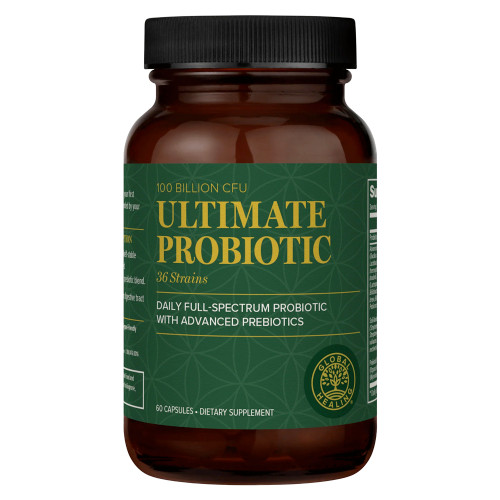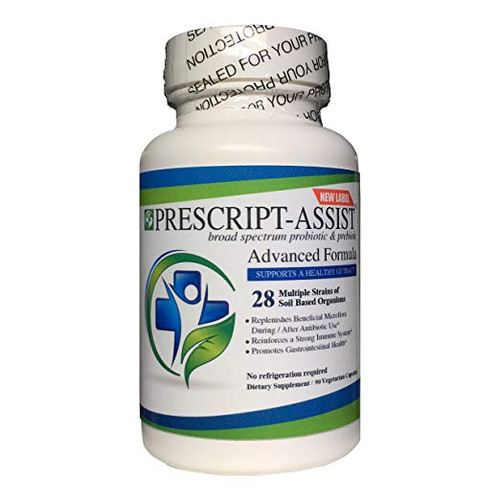
Smidge® Infant Probiotic (formerly GutPro® Infant)
15 grams - with dosage spoon
- Contains strains found in healthy infants
- Ideal starter probiotic
- Compatible with real food diets
- No additives/prebiotics
- Non-GMO
- Free of common allergens
Introducing Smidge Infant Probiotic powder, with the same GutPro® Infant formula you know and love. Created in small batches especially for your baby's developing digestive system.
This pure, custom blend contains seven clinically-proven probiotic strains that are naturally found in healthy infants — to help colonize little intestines with beneficial bacteria from the get-go. It also supports immunity, may help with common baby digestive issues like reflux (GERD), occasional diarrhea and constipation, and even skin issues like eczema.*
Bifidobacterium infantis, a strain that dominates in breastfed babies' intestines, comprises 50% of our formula, as studies show it supports healthy digestion, growth and a robust immune system.*
Just as important, Smidge® Infant Probiotic does not contain certain strains (or prebiotics) found in other commercial brands that can cause histamine intolerance, d-lactic acidosis or other adverse reactions.
You also won't find common allergens, additives or fillers.
To give you even more peace of mind, Smidge has hatched this clean Infant Probiotic blend following extensive research and feedback from certified doctors and health practitioners — and parents like you. Its strains are non-GMO and American Type Culture Collection certified, so all you get are safe, natural baby probiotics for your snuggly bundle of joy!
Comes with a handy dosage spoon so you can measure the perfect amount for your little nugget ;)
15 grams (750 servings), 1.45 billion CFUs per serving
Ingredients
Bifidobacterium infantis
B. infantis is a folate-producing beneficial bacteria, primarily found in the gastrointestinal tracts of healthy infants (and human mouths). It seems to play a critical role in establishing a healthy intestinal lining and a robust and well-regulated immune system.* Research has also linked B. infantis to helping mitigate inflammation in the digestive system and throughout the body, stating that it may reduce the production of inflammatory cytokines.* Research suggests B. infantis regulates the production of tryptophan, which is the precursor for serotonin (the neurotransmitter associated with a sense of satisfaction and happiness).* A note on folate: it's one of the B vitamins responsible for tissue growth and cell function.*
Bifidobacterium bifidum
Bifidobacteria are a group of bacteria that typically live in the human intestines and stomach, that help to perform essential functions like digestion and the maintenance of beneficial bacteria. One study suggests that B. bifidum may support immunity by staving off colds and touches of the flu in the winter months. Another clinical study indicates B. bifidum may help with abdominal discomfort caused by gas and bloating.* And yet another study states that B. bifidum can help with occasional diarrhea.* Clinical research suggests that B. bifidum can help maintain comfortable joint movement.* There's also a correlation to improved mental health (boosting mood and easing anxiety), as bifidobacterium is classified as a "psychobiotic", which affects central nervous system-related functions and behaviors mediated by the gut-brain-axis.
Bifidobacterium longum
One of the first bacteria to colonize our bodies at birth, B. longum has been associated with helping to digest milk and other challenging foods, as it produces lactic acid from the fermentation of sugar in the gut.* Research suggests that B. longum may support immunity and growth in children.* It's also linked to helping maintain healthy cholesterol levels already within a normal range.* And it's been studied to help alleviate stress.
Lactobacillus salivarius
L. salivarius is one of the most prevalent probiotic species in human saliva. It produces organic acids, such as lactic acid and acetic acid from carbohydrates. L. salivarius seems to help keep the microbial population in the mouth healthy.* Also, several clinical trials indicate that L. salivarius seems to help support the immune system and, as a result, support healthy skin.* Importantly, researchers state that it may keep the vagina healthy and comfortable by promoting a healthy pH balance.*
Bifidobacterium breve
B. breve is one of the most helpful probiotic bacteria in the human body due to its unique ability to compete with harmful bacteria by digesting a large variety of molecules. It's also prevalent in the colons of breastfed babies. B. breve is linked to helping with occasional constipation in children.* And when combined with a gluten-free (real food) diet, B. breve promotes microbial balance in the digestive tracts of children.* B. breve seems to play a role in helping to establish a healthy microbiome, based on trials involving preterm babies. And, clinical research suggests it may be useful in recolonizing the guts of children who have undergone chemotherapy.*
Bifidobacterium lactis
A transient probiotic bacteria that inhabit the human intestines and the colon, B. lactis breaks down body waste and aids in the absorption of various vitamins and minerals.* One study showed that B. lactis helped preterm babies gain weight and helped develop their immune systems.* Beyond the babies, extensive research has shown that B. lactis is useful when it comes to abdominal comfort and proper digestion, helping to get the colon in shape and making occasional constipation a thing of the past.* Notably, preliminary lab research indicates B. lactis shows exciting potential in neutralizing certain issues associated with wheat.*
Lactobacillus gasseri
L. gasseri is naturally found in the human digestive and urinary tracts. It's been shown in clinical trials to help people lose weight.* Preliminary research indicates that L. gasseri may inhibit inflammation signaling at the genetic level.* L. gasseri may also support healthy cholesterol levels already within a normal range.*
























